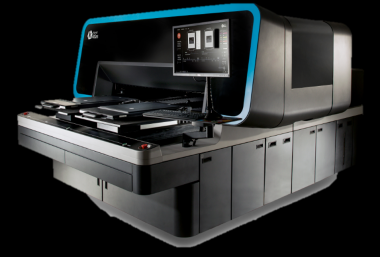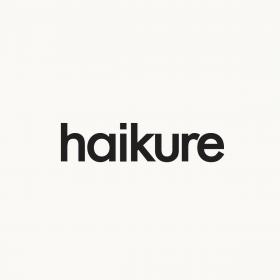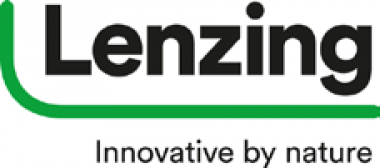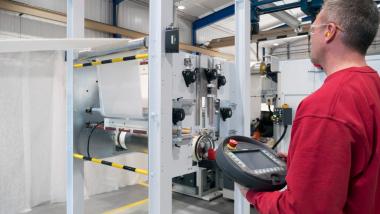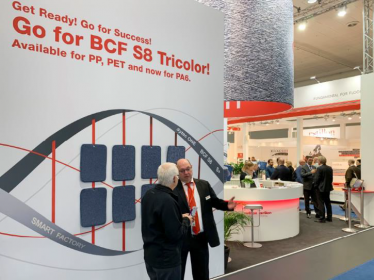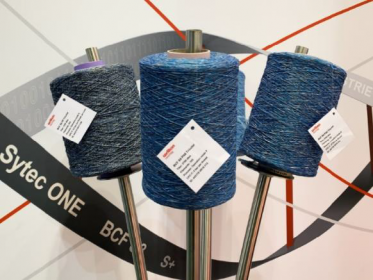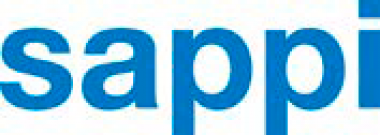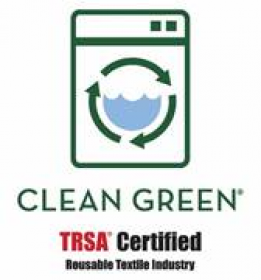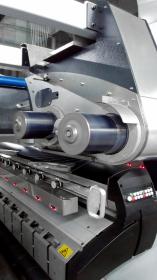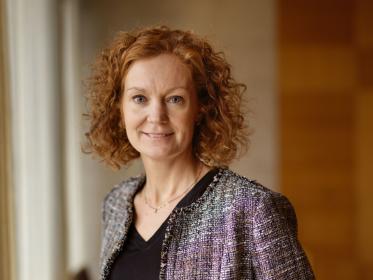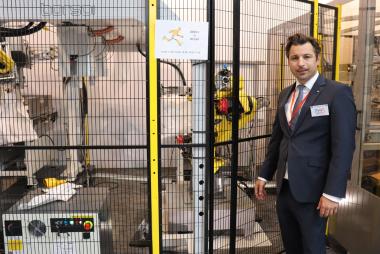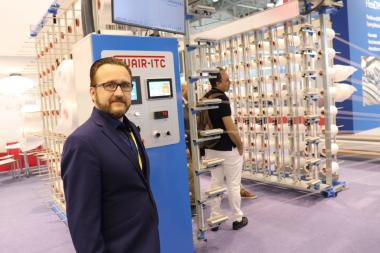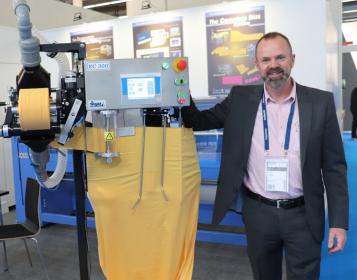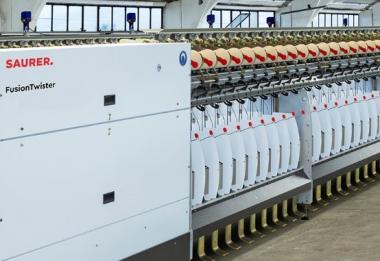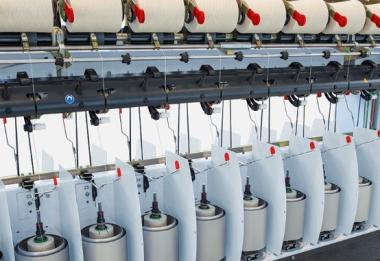Beverly Knits Inc. produces face masks for health care workers
Beverly Knits Inc. is proud to be involved in the effort led by Hanes and Parkdale to help support the fight against COVID-19. Working with a coalition of textile companies, we are ramping up production in the USA to provide face masks for health care workers on the frontlines. With the combined efforts of many small and medium-size companies, we are retooling our production lines to begin manufacturing immediately.
Beverly Knits is coordinating the production of up to 1.5 million masks produced domestically per week. Ron Sytz, CEO of Beverly Knits, said “It is an honor to be working with great American companies, united to supply critical resources to healthcare workers and first responders”.
Companies on the Beverly Knits team
- Clover Knits
- Contempora Knits
- Carolina Cotton Works
- Southfork Finishing
- National Safety Apparel
- A Lava & Sons
- Wells Hosiery
- Jomel Industries
- LA Corp
- Greenwood Mills
NCTO












